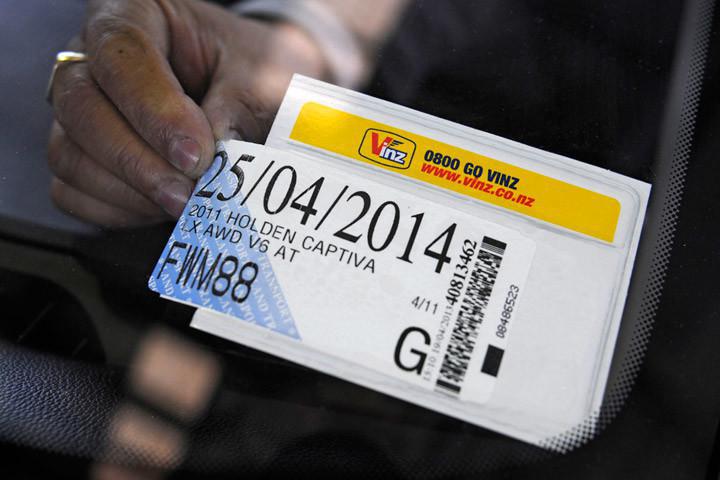How Trump Makes China’s Car Makers Good
Chinese car makers have staged a mouth-watering rally this year.
Three stocks are particular standouts: Geely Auto (175.Hong Kong) has rallied 51.5%, Guangzhou Auto (2238.Hong Kong) has soared 42.5% and Superb Wall Motor (2333.Hong Kong) has advanced 33.8%. By comparison, General Motors (GM) has gained only 6.8%, Ford (F) is up a meager Five.4%, Japan’s Toyota Motor (TM) has fallen 6.5%, and Honda Motor (HMC) has gained only Four.7%.
Better-than-expected January shipment data may have explained the embark of the rally, but these animal spirits have gained momentum. So what are we missing?
Citi Research says Chinese auto makers are going through a multi-year expansion. I get the thesis, but why are we witnessing this rapid and furious rally? Remarkably, Fine Wall Motor is the 2nd most traded company on the Hong Kong Stock Exchange today, soaring a sweet Three.9%. (See also “Are We Witnessing The Rise Of China’s GM, Ford?”)
Deutsche Bank‘s Vincent Ha has a very interesting thesis. It’s all about fund flow. The potential introduction of a Border Tax Adjustment by the Donald Trump administration makes global auto makers a lot less attractive, and since fund managers need to hold some industrial stocks – automobiles are a large chunk of the industrial sector – they go for domestically-oriented car makers. And where else can we find them but in China?
To support his thesis, Ha pointed out that India’s Maruti Suzuki (532500.India), also domestically-oriented, has done well this year, having gained 14.4%. France’s Peugeot (UG.France), another domestic play, has advanced Eighteen.1%.
Vincent Ha wrote:
Our Japan/Korea auto analyst Kurt Sanger estimates that OEMs under his coverage shall book USD1,040-3,780 higher per-unit cost in US car sales. Our India auto analyst Amyn Pirani also estimates that the per-unit cost influence on Jaguar Land Rover (JLR) could be about USD9,070. China exported only less than 2% of its passenger vehicle (PV) production in 2016, with a very puny share to the US.
Ford will see the least influence from the border tax: the per-unit cost influence on Ford’s cars is only $70 per vehicle (see affixed table). General Motors goes after with $966 per vehicle.
But the largest risk, of course, is that no border tax will be implemented and the inflow may switch sides itself.
